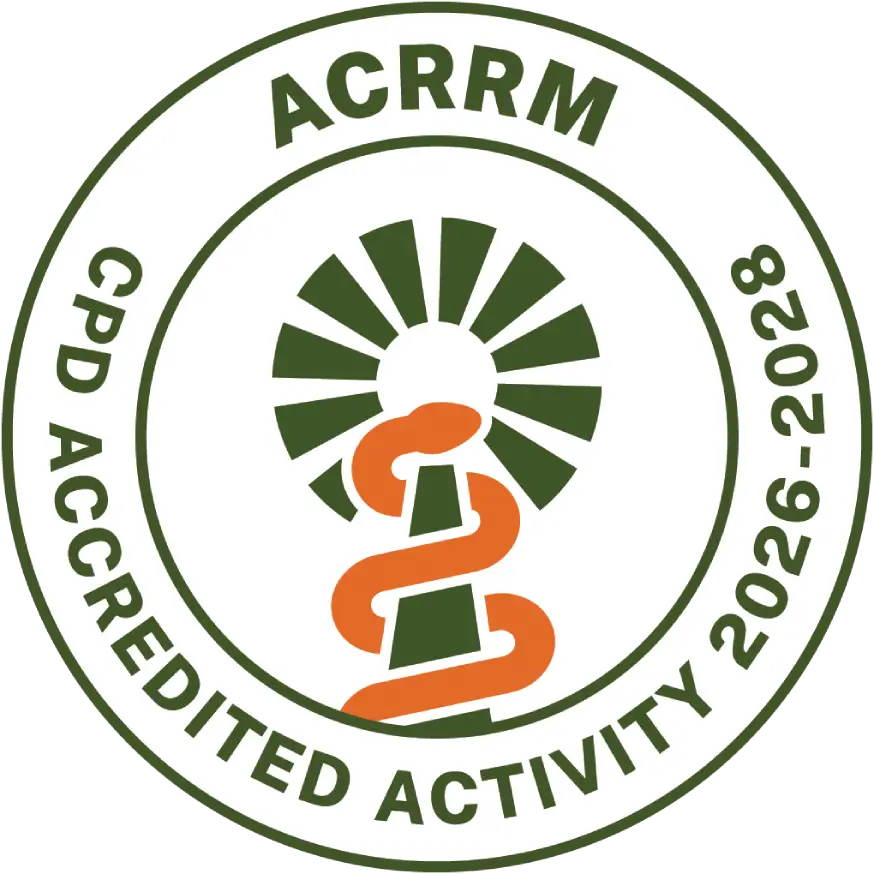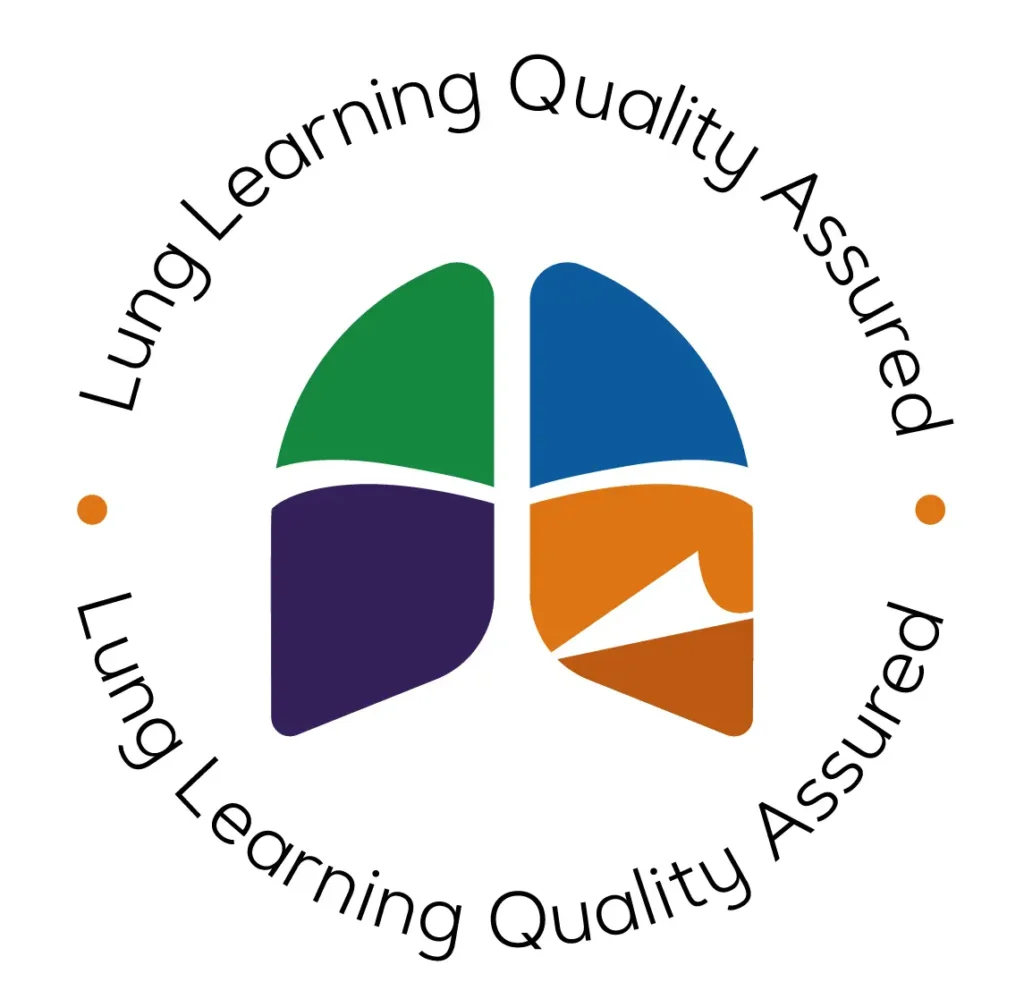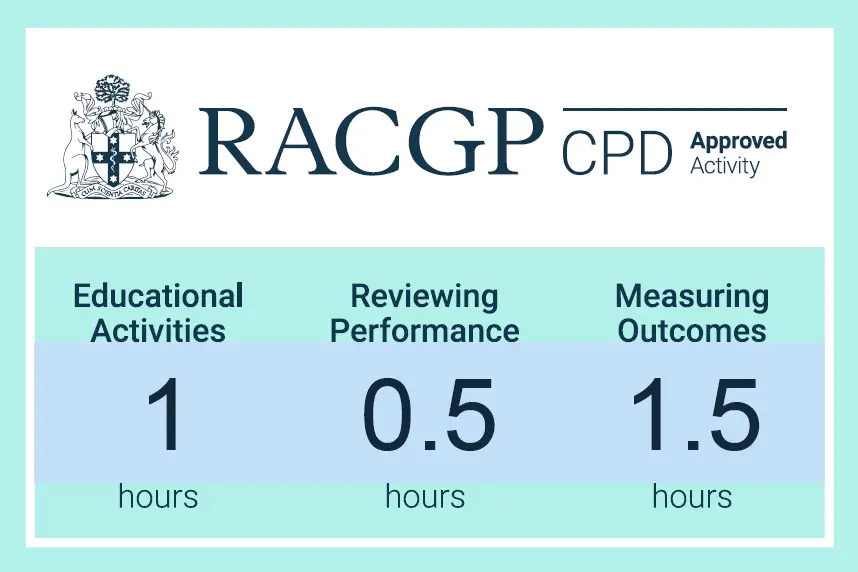Chronic obstructive pulmonary disease (COPD) is a manageable and preventable condition marked by ongoing respiratory symptoms and airflow limitation. By adopting updated strategies and focusing on patient-centred care, healthcare professionals can make a significant impact on the lives of people living with COPD.
CPD-accredited training for health professionals
In collaboration with clinical experts in COPD, Lung Foundation Australia have developed a free, accredited eLearning course for primary care health professionals based on the Stepwise Management of Stable COPD.
The course has been developed to assist all health professionals in managing COPD, focusing on individualised care plans and the prevention of exacerbations. The module explores both pharmacological and non-pharmacological interventions.
By completing this eLearning module, you will be able to:
- Outline a Stepwise approach to management of people with COPD to prevent exacerbations.
- Develop a plan of care for patients with COPD which supports optimal management towards minimisation of exacerbations.



Was this page helpful?
Good job! Please give your positive feedback
How could we improve this post? Please Help us.

